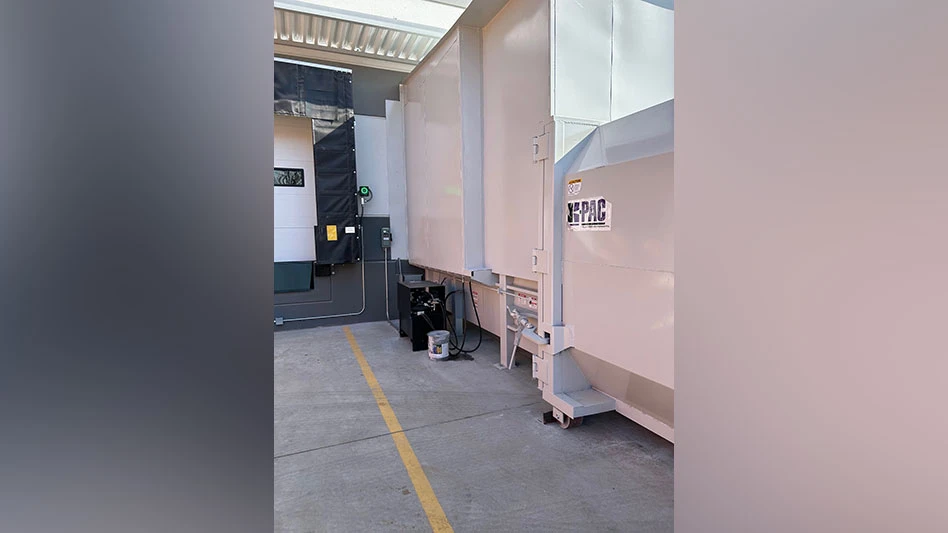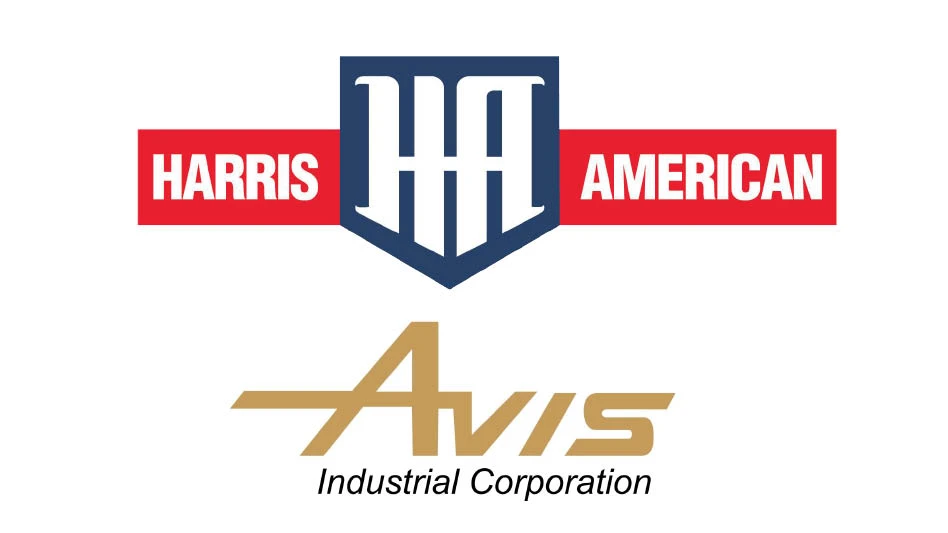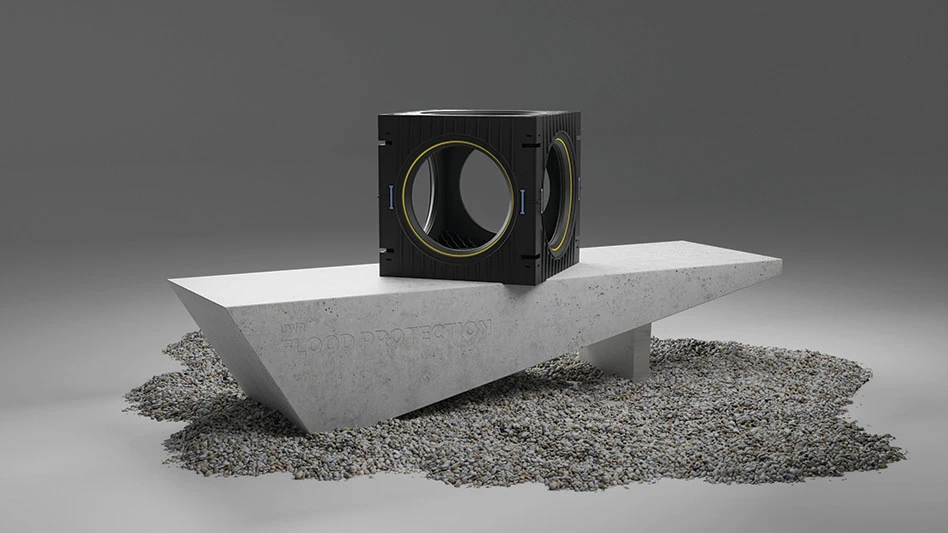
While recyclers might have some reasons to welcome the end of 2020, a panel assembled by the Brussels-based Bureau of International Recycling (BIR) identified several issues that could present headaches in 2021.
The BIR’s first installment of a series it is calling “The Challenge” featured Michael Lion of Everwell Resources, who serves as chair of BIR’s International Trade Committee, as its moderator. On the panel were Murat Bayram, who works from Germany for United Kingdom-based EMR Ltd.; Mark Sellier, president of the Hong Kong-based Global Metals Network; and Brian Taylor of the United States-based Recycling Today Media Group.
Sellier provided an update on nonferrous scrap shipments into China in light of its new quality standards and inspection regimen. “There are considerable difficulties for many importers in understanding how the technical department of [China’s General Administration of Customs] is dealing with the new standards. It has been very difficult for many importers to negotiate with Customs. It has caused many issues with slow arrival of cargoes at yards because they are stuck waiting in the Customs inspection queues,” stated the trader.
Exporters wanting to ship to China likely will need to stick with the highest grades, he added. “For example, many people have moved toward granules [copper chops], because it’s a relatively clean scrap,” Sellier said. “What I understand is happening, containers are being visually inspected, and if there is pretty much any plastic visible, the container is likely to be rejected.” Sellier said inspectors also seemed to be identifying paint as a contaminant.
For nonferrous traders who rely on container shipping, the lack of equipment and shipping space in that sector was causing a “double whammy” of bad news, Sellier and Bayram said. Sellier said some shipping companies have halved their “free time” allotted to shippers to unload or load containers from 14 days to seven, just as new inspection procedures in China are causing delays of 10 days or more.
Bayram, who works near the port of Hamburg, Germany, says he knows of exporters there who “had material at the port in November, but it didn’t leave the port until January.” In addition to shipping companies saying they are “missing up to 12 percent of their containers,” Bayram said absent port workers and efforts to keep workers farther apart means “only half of the containers are able to be moved” on a given day compared with normal times.
The ferrous scrap market moved from 2020 into the new year with prices rising by about $150 per ton in a two-month span, Taylor said, characterizing it as “an amazing 60 days for ferrous scrap.” The recycling industry journalist said scrap deficit nations, such as Turkey, Vietnam and those in the Indian subcontinent and Latin America, were scouring the global market for ferrous scrap at the same time scrap surplus nations such as the U.S. and U.K. were not generating the volumes of scrap they normally do.
Taylor said in late 2020, global traders had been “the first ones every 15 days or every 30 days to tell me ‘There’s going to be another price hike, because they want scrap in Turkey, or they want scrap in Bangladesh, and there’s none around.’” He added, “Nothing lasts forever, but it certainly has been a nice little boom lately.”
Lion was among those worried about whether some of the Circular Economy policies gaining favor in Europe might result in “the possibility of some form of export controls” that would provide scrap buying protection schemes for scrap consumers in Europe “under the guise of Circular Economy.”
Bayram expressed concern that large corporations “are influencing policymakers in Brussels quite heavily,” and that BIR will need to rally to present its case. He said, “The specific alloy has to go to the specific smelter. That’s circular economy. The circular economy doesn’t stop at the border of Europe. CO2 doesn’t stop at the border of Europe. That’s why we have to organize ourselves, Michael. It’s a very, very dangerous situation.”
Panelists also remarked that the news heading into 2021 is by no means all bad. “German car sales are up; the machinery industry is picking up again. I think our sector is growing,” Bayram said.
Taylor added, “The optimism comes from the fact these materials continue to be wanted and in greater volumes.”
Sellier said thst while BIR might need to be on guard against protectionism in Brussels, it is because “recycling is one of the major commercial propositions going forward.” Multinational firms may try to “flex their way into a commercial advantage over others,” and that is because “smart money is going to keep coming into our sector.”
Get curated news on YOUR industry.
Enter your email to receive our newsletters.Latest from Recycling Today
- Enfinite forms Hazardous & Specialty Waste Management Council
- Combined DRS, EPR legislation introduced in Rhode Island
- Eureka Recycling starts up newly upgraded MRF
- Reconomy Close the Gap campaign highlights need for circularity
- Nickel carbonate added to Aqua Metals’ portfolio
- EuRIC, FEAD say End-Of-Life Vehicle Regulation presents opportunity for recyclers
- Recyclers likely to feel effects of US-China trade war
- BCMRC 2025 session preview: Navigating battery recycling legislation and regulations







